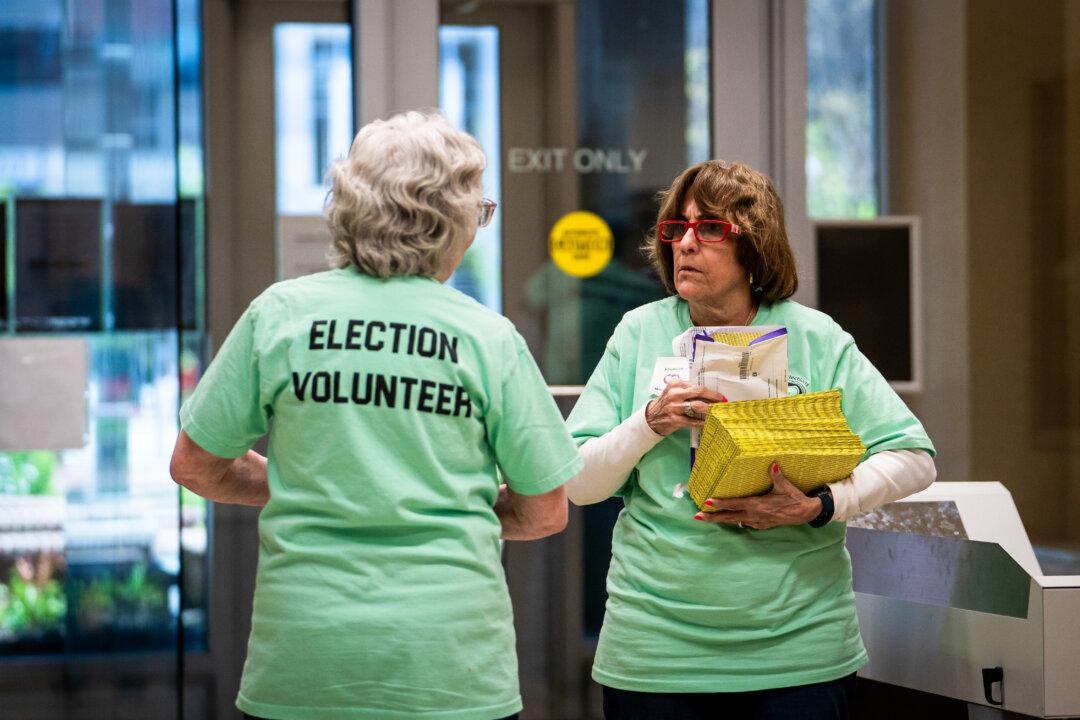States enacted fewer election-related bills this year, with Republican trifecta states adopting new election laws at almost three times the pace compared to Democrat counterparts.
As of April 26, U.S. lawmakers from 31 states have adopted 175 new election-related laws this year, according to an April 30 report by Ballotpedia.





